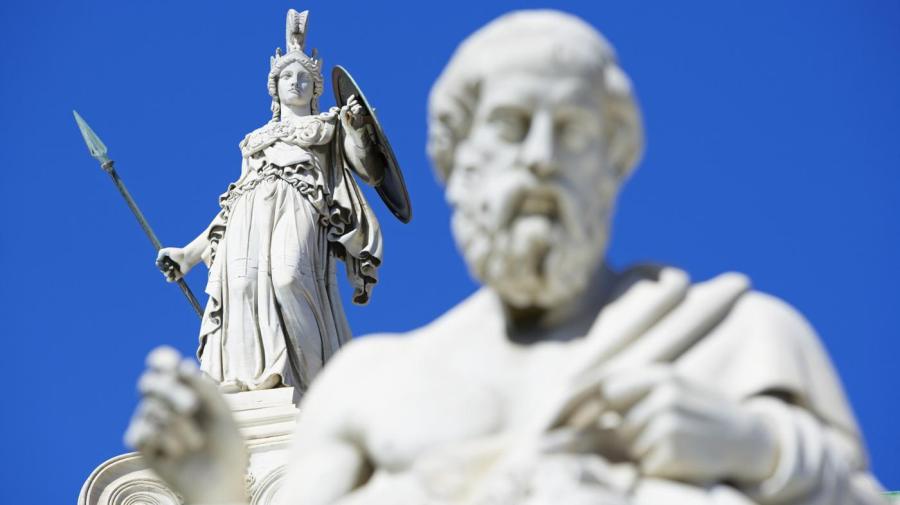????_??What Is the Difference Between Morality and Ethics?

Morality and ethics are closely linked and often used interchangeably. Morals are personal convictions of right and wrong; ethics are standards of good and bad widely accepted socially, according to the Encyclopedia Britannica.
The Relationship Between Morality and Ethics
Morals and ethics may seem to be the same thing, but depending on the definition used, they have slight differences in meaning. Morality can be the basis of ethics. The personal moral compass of many people can decide how the majority of a society views something, similar to the way numerous individual brushstrokes in a painting combine to create an overall design. One example of this is the worldview held by individuals and society that such actions as rape, theft and murder are wrong.
Strong personal convictions can sometimes end up at odds with the accepted norm, however. Slavery, for example, was widely accepted in many nations throughout history but the moral compass of some individuals convinced them slavery wasn’t right and so they took a stand against it, sometimes even at the risk of their lives. At other times, the disagreement is more subtle. Not everyone agrees with the viewpoint of their society regarding such actions as adultery, recreational drug use or abortion. What some condemn others may accept, or vice versa.
Changes Over Time
Morality and ethics, like any philosophy, are subject to change over time. Public opinion of whatдуЅн_М”s acceptable and whatдуЅн_М”s not can change relatively quickly, often because of the viewpoints of famous or influential people, and may vary sharply from culture to culture. Deeply held personal beliefs usually stick with individuals throughout their life, but might change due to profoundly positive or negative experiences. Some examples are ideas including the importance of honor, honesty and hard work that children learn from parents or other role models.
One reason it can be hard to nail down a set code of ethics in society is itдуЅн_М”s hard for everyone to agree on certain topics. Birth control, abortion, the death penalty, war and animal testing can strongly divide communities and sometimes even members of the same family.
Medical Ethics
The concept of ethics can also refer to a code of behavior imposed upon members of a profession such as medical doctors. The Hippocratic Oath, which includes a vow to “do no harm” and maintain patient confidentiality, is often viewed as a binding code of ethics in medicine. Failure to live up to it can result in a doctorдуЅн_М”s license being revoked, despite a physicianдуЅн_М”s personal beliefs.
There are a number of ethical dilemmas that many doctors face regularly. One example is whether or not to respect the wishes of an elderly patient who refuses treatment but may not have full awareness of his or her decision.
In emergencies, doctors must sometimes decide which of several patients to save, and which patient needs their attention the most or has the best chance of survival. Whether or not to treat someone without adequate insurance coverage can also come into play. Personal feelings on these issues дуЅн_нс in other words morals дуЅн_нс can differ greatly from doctor to doctor. The ethics of the medical community as a whole, however, is often much more specific when it comes to topics such as assisted suicide or whether or not to give treatment to a patient who doesn’t have insurance, which are usually dictated by a hospital’s policy.





